RPA Implementation: Key Steps to Automate Your Business Processes
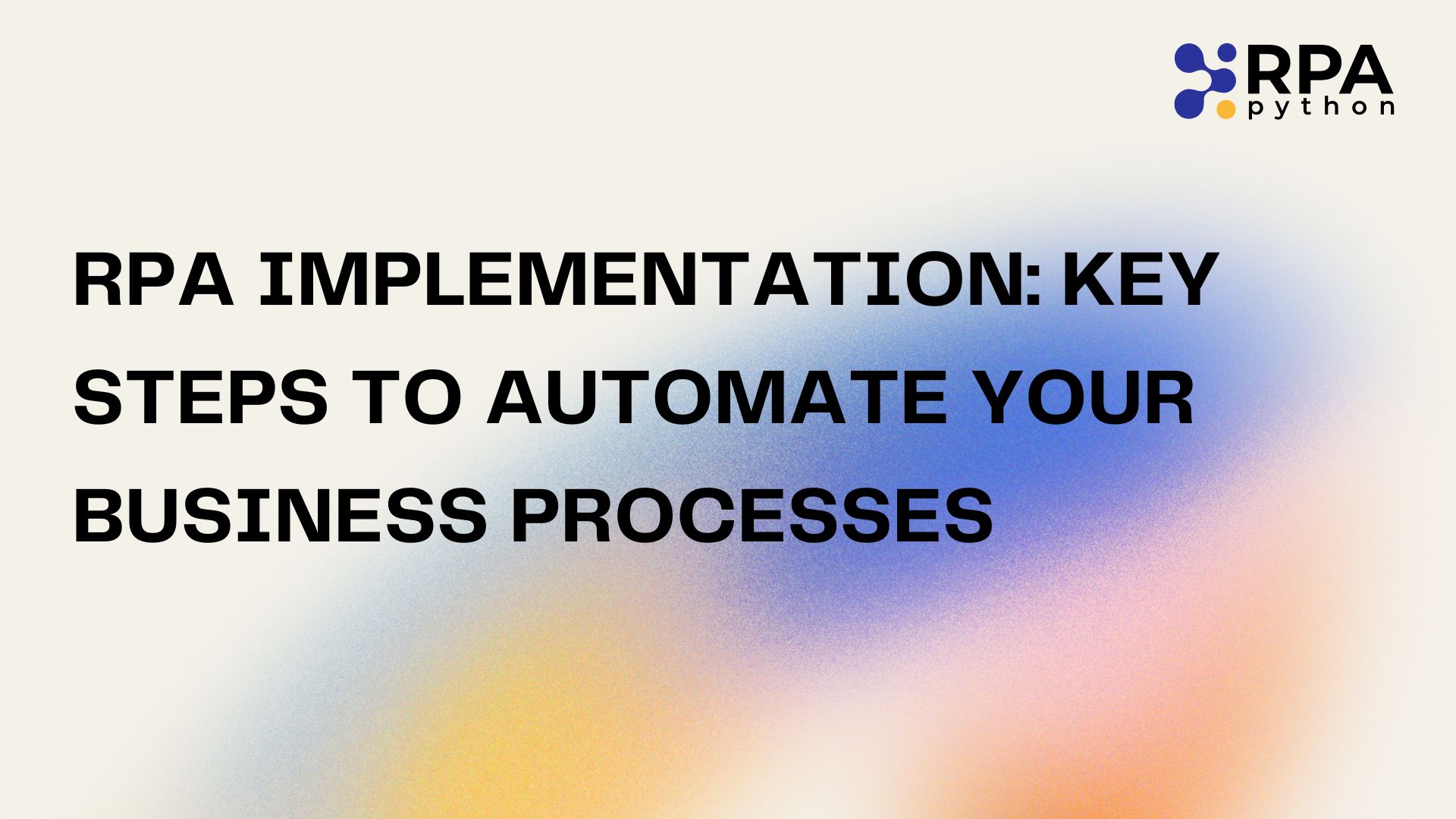
Discover the essential steps for successful RPA implementation, including process identification, bot development, and deployment, to automate tasks and boost productivity.
Unlocking the Full Potential of Python Automation for Your Business
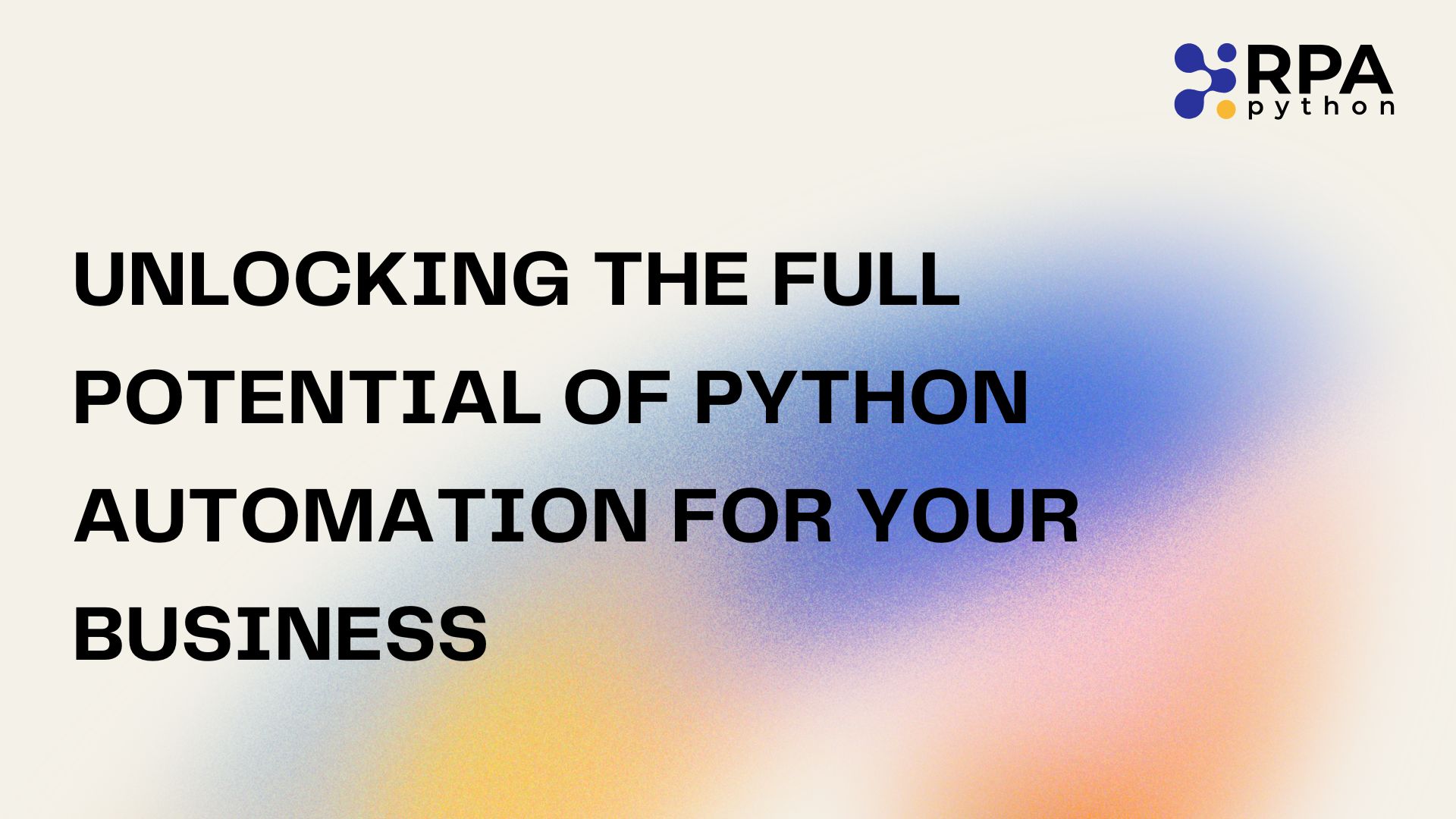
Discover how Python automation can optimize business operations, reduce manual work, and drive efficiency, from basic file management to advanced machine learning applications.
A Beginner’s Guide to RPA Bots: What You Need to Know

RPA bots automate repetitive, rule-based tasks, freeing human employees for strategic work. Learn how they improve business efficiency, accuracy, and cost savings.
From Fraud to Compliance: Revolutionary RPA in Banking Use Cases

Explore how RPA in banking transforms operations by automating tasks, improving fraud detection, and ensuring compliance, leading to enhanced efficiency and customer satisfaction.
Intelligent Automation vs RPA: Key Differences Explained
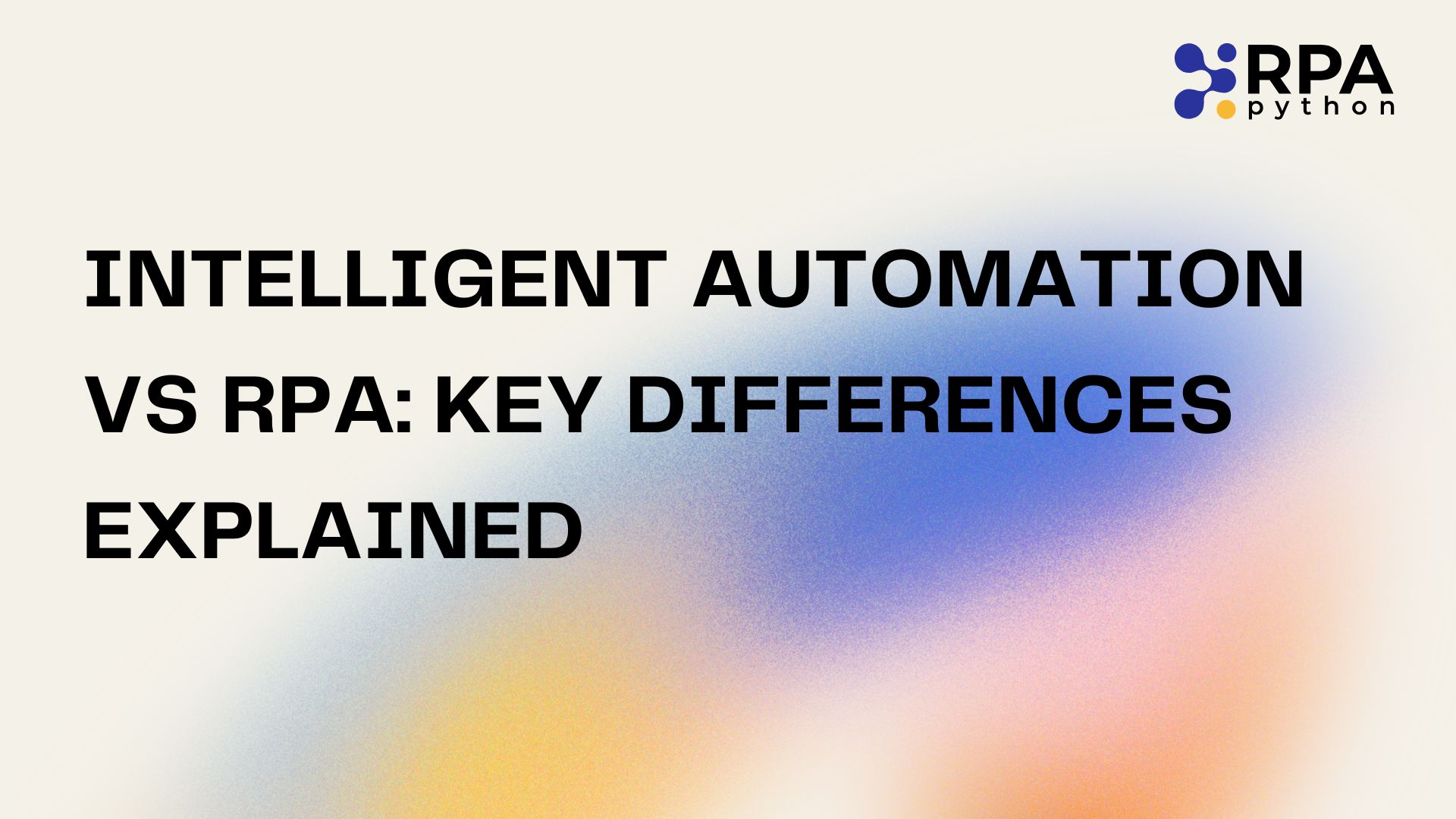
Explore the key differences between Intelligent Automation and RPA. Learn how each technology can streamline processes, handle complexity, and deliver long-term value for businesses.
How RPA HR Onboarding Can Streamline Your Hiring Process

Discover what an RPA developer does, key skills, certifications, and career paths in robotic process automation for beginners and aspiring professionals.
How OCR Solutions Are Revolutionizing Document Management
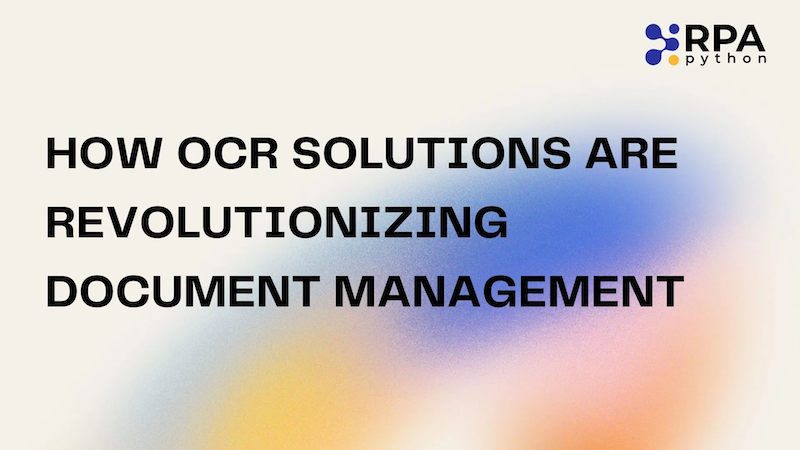
Discover what an RPA developer does, key skills, certifications, and career paths in robotic process automation for beginners and aspiring professionals.
IT and Finance: How Optima Bank Leverages Technology to Save Thousands of Work Hours
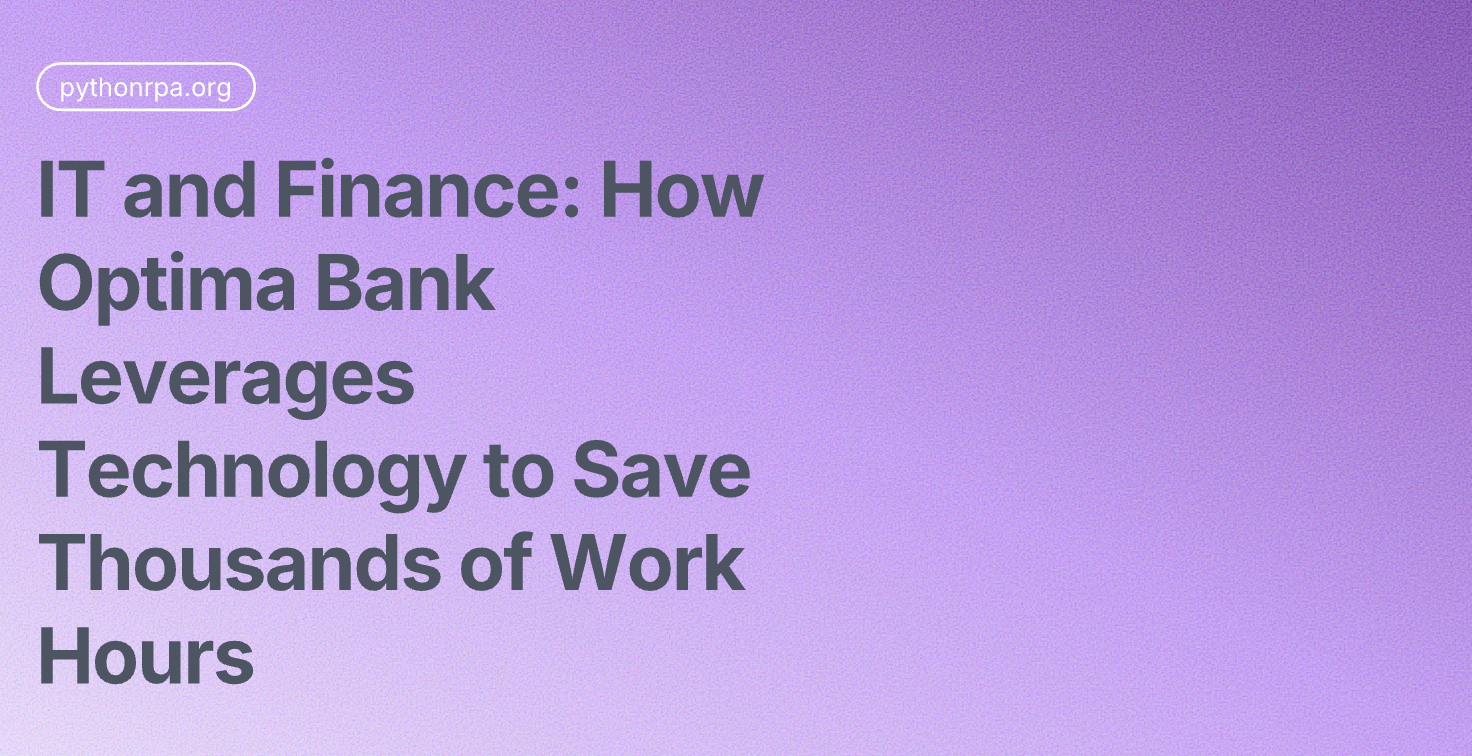
Read in our article how the Optima Bank is one of Kyrgyzstan’s leading financial institutions, and much of its success can be credited to its commitment to technological innovation.
AI Business Process Automation: Benefits, Challenges, and Best Practices
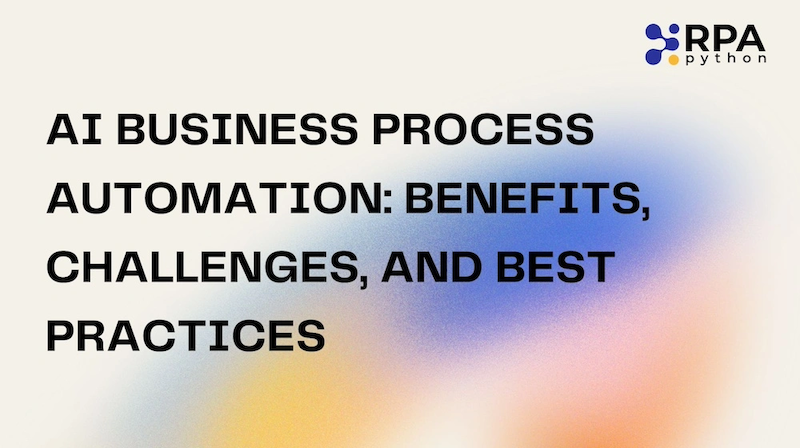
Discover what an RPA developer does, key skills, certifications, and career paths in robotic process automation for beginners and aspiring professionals.
What is Natural Language Processing (NLP)? A Detailed Guide
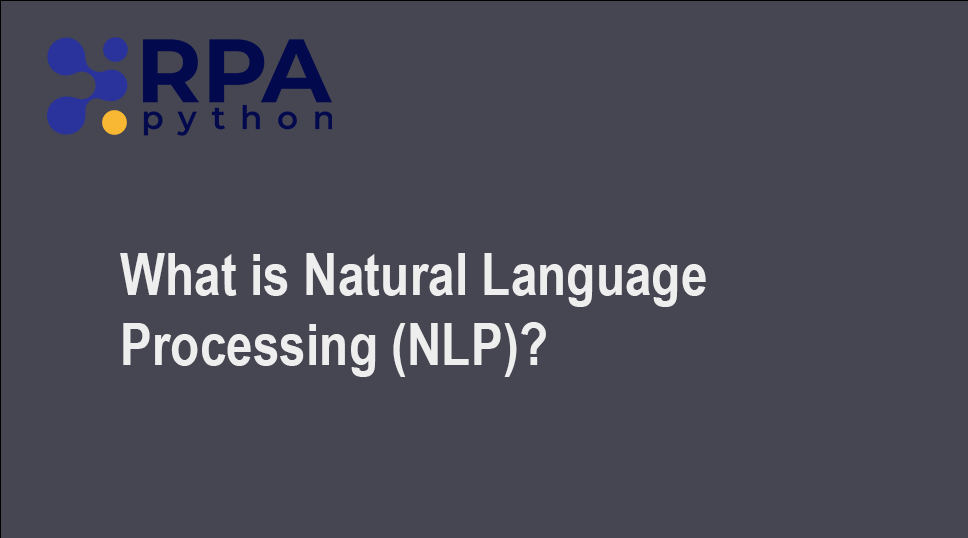
Learn what Natural Language Processing (NLP) is, how it works, its applications, and the benefits. Discover how NLP is transforming communication and business operations.